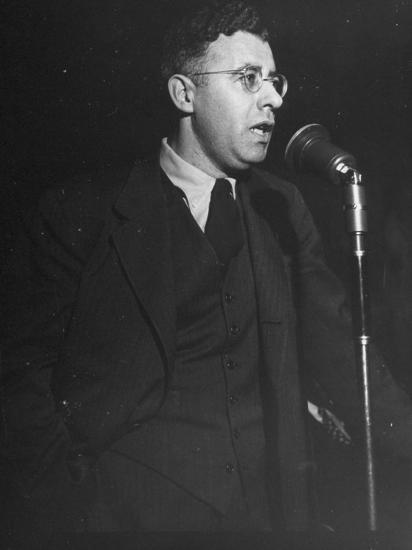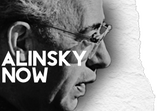|
David Brooks's article "A Nation of Weavers" points to social isolation as the root cause of the social crisis America faces and the personal suffering many endure. His constructive response is to reweave the social fabric from the ground up. Brooks is right on both counts, but important lessons must be learned from how previous generations addressed the same problem.
Brooks sees "hyperindividualism" and a fragilised social fabric as new phenomenon. They are not. They are a constitutive feature of the modern world that commentators have lamented since the eighteenth century. For example, John Wesley, the founder of Methodism, shared Brooks's concerns. As did socialists and conservative reformers through the nineteenth and twentieth centuries. Some pointed to capitalism as the cause, with its demand that each puts their self-interest above that of the common good. Others to an emphasis on individual autonomy that sees throwing off social obligations as the basis of freedom and, in doing so, refuses the reality that each of us is constituted through our relations with others.
In manner parallel to Brooks, a vision of mutuality and the need to attend to the whole person characterised innumerable social visions of how to move from the world as it is to the world as it should be.
But what Wesley, and many of those who came after him, understood ― but Brooks does not ― is that reweaving the social fabric requires not just morals and mutuality, but agency, institutions and organising. For example, Wesley did not just ride around preaching. He had been trained in the medical knowledge of his time and sought to make this available to ordinary people by translating medical texts from Latin into English and printing these in the form of cheap tracts. Methodists went on to found hospitals and made visiting the sick a key part of church life. Methodist circuit riders linked different communities together, sharing insights and innovations from one place to another about how best to serve health needs. Wesley's approach contrasted with the technocrats of his day, who fought to gain control of medical knowledge through establishing specialist societies (thereby concentrating agency in the hands of the expert few), and an aristocratic form of philanthropy that gave charity, but never addressed the capacity of those in need to act for themselves (thereby keeping power in the hands of economic elites). Wesley's insights are echoed in contemporary community organising, which has invaluable wisdom to share on how to address Brooks's concerns. Like Wesley, community organising makes agency, institutions and relational organising central to the task of reweaving the social fabric. It builds on the work of Saul Alinsky, the "godfather" of community organising. But what Alinsky adds to Wesley's approach is an account of politics. Alinsky was influenced by his Jewish upbringing and his involvement in the Labor movement of 1930s. He saw that addressing poverty and need required not just resources but cooperation. Reciprocity and mutuality were central to building self-organised institutions that gave primacy to social relationships over and against the individualising and atomising demands of either the market or the state. To sustain faithful relationships and prevent their subordination to either politics or economics required moral traditions and institutions. It is in the churches that Alinsky found the moral basis for common action and the means of sustaining mutually responsible, committed relationships beyond political and economic self-interest. Like Wesley, Alinsky's approach to organising makes agency central. In community organising it is called the iron rule: "never do for others what they can do for themselves." This should not be heard as advocating a pull-yourself-up-by-your-bootstraps philosophy of rugged individualism. Rather, it is about ensuring that any policy or practice facilitates those affected to be able to act with and for others, and not simply be acted upon. Such an approach seeks to enable those who are excluded from the decision-making process to act on their own terms rather than be confined to either a private world of consumerism ― a sphere of necessity where they are always responding to the actions of others upon them (however well-meaning or expert driven) ― or a disorganised arena of hostile, fearful and broken relationships. Alinsky also saw that there was a direct link between democracy and the forms of associational life religious institutions nurtured. For while democratic citizenship is an expression of individual liberty, its performance and defence are in great measure dependent on participation in a group. Without being embedded in some form of association, the individual is naked before the power of either the market or the state and lacks a vital means for his or her own self-cultivation. The problem is that the associations like churches or unions tend to work against other groups in pursuit of sectarian interests, and so need linking together through forms of organising. Organising is an ongoing process through which to maintain commonality and recognise and conciliate conflict in pursuit of shared goods such as better healthcare, a living wage, decent housing, or safer streets. Brooks is right that we need a nation of weavers, but the wisdom of Wesley and Alinsky suggests this needs more than kind-hearted people. It needs agency, institutions, organising and a form of common-life politics. Luke Bretherton is Professor of Theological Ethics and Senior Fellow of the Kenan Institute for Ethics as Duke University. His latest book is Christ and the Common Life: Political Theology and the Case for Democracy. Comments are closed.
|


